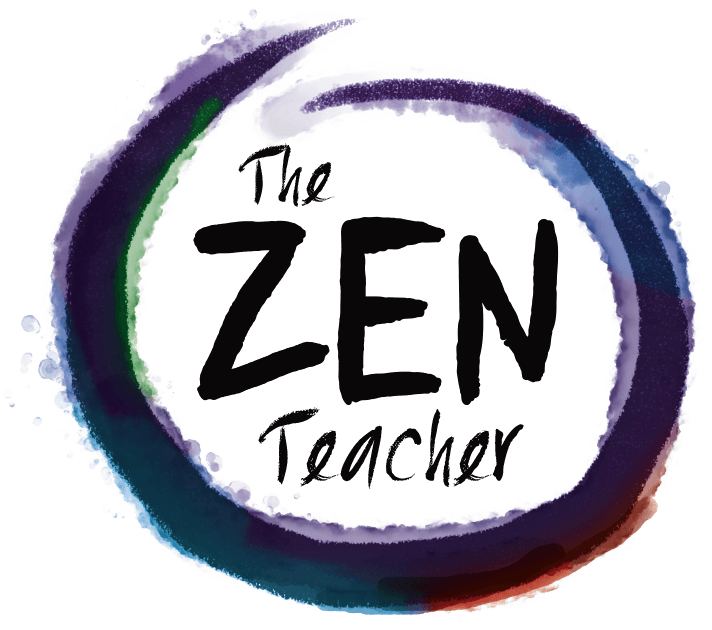Those teachers weren’t pushing relaxation because they wanted their actors to be lethargic, slack-kneed coach potatoes, but so that we would cultivate a sense of what those drama teachers often referred to as a “relaxed preparedness” for our stage performances.
Like a concert violinist or a professional athlete or a seasoned martial artist, any actor who is serious about her craft is going to do the relaxation work to achieve that peak balance between tranquility and fluid action. As Craig Wallace recently said to actors last month at Backstage.com, “In order for your work to flow out of your body, the channels of the body need to be relaxed and open.” And I’ll add that for those channels to be open and relaxed, you need to practice breathing, relaxation, concentration, and focus.
Naturally, of course, teachers would also benefit from this balance. In my mind, teaching has always been analogous to live theater; in fact, I often refer to the fact that, as a high school teacher, I do “five shows a day.”
Learning to breathe and meditate and visualize a greater sense of relaxation for our performance in the classroom, then, is critical. We should learn to be ready to perform, yet flexible and fluid in our movement through our day, our curriculum, and the physical space of our classroom. And at its optimum, our entire performance should arrive from a place of a focused relaxation.
It makes sense for teachers to be in a state of readiness that actors cultivate and nurture in order to do our own “shows,” to feel that sense of peace and relaxation in our performance, and yet imbue ourselves with a sense of excitement, purpose, focus, and concentration.
We need to learn to develop that sense of “relaxed preparedness” before we step on our “stage.”
Look at it this way:
Feeling relaxed makes us good.
Feeling prepared makes us better.
Feeling both makes us great. TZT
